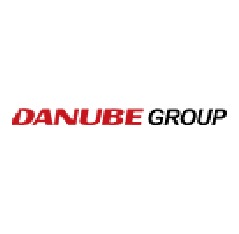Roles & Responsibilities
- Managing and maintaining the executive's schedule and calendar.
- Arranging and scheduling appointments, meetings, and conferences.
- Handling phone calls, emails, and correspondence on behalf of the executive.
- Screening and prioritizing communications.
- Making travel arrangements, including booking flights, hotels, and transportation.
- Creating detailed travel itineraries.
- Analyzing and maintaining reports.
- Ensuring the executive's travel plans align with their business objectives.
- Overseeing office operations, including ordering supplies and equipment.
- Coordinating and managing office meetings and events.
- Maintaining office records and files.
- Drafting, editing, and proofreading documents, reports, and presentations.
- Managing and organizing important documents and files.
- Ensuring minutes of every meeting are prepared and handed over to relevant parties.
- Maintaining travel checklist and insuring that tasks are performed as per it.
- Scheduling meetings and draft agendas as per relevance.
- Handling sensitive and confidential information discreetly.
- Researching and collecting information on various topics.
- Preparing reports, summaries, and briefings.
- Providing the executive with up-to-date information.
- Assisting with project management, including tracking deadlines and deliverables.
- Coordinating and collaborating with other team members.
- Serving as a point of contact between the executive and other departments or teams.
- Facilitating communication and information flow within the organization.
- Helping the executive prioritize tasks and manage their time effectively.
- Managing the executive's to-do list and reminding them of important deadlines.
- Organizing and coordinating events, such as meetings, conferences, and corporate gatherings.
- Handling logistics, catering, and attendee coordination.
- Resolving issues and challenges as they arise.
- Making decisions on behalf of the executive when necessary.
- Proficiency with office software, email, and other relevant tools.
- Ability to use technology for scheduling, research, and communication.
- Assisting with personal tasks, such as managing personal appointments, travel, and errands, if requested.
- Being able to quickly adjust to changing priorities and unexpected tasks.
- Maintaining a high level of professionalism and discretion, especially when handling sensitive information.
